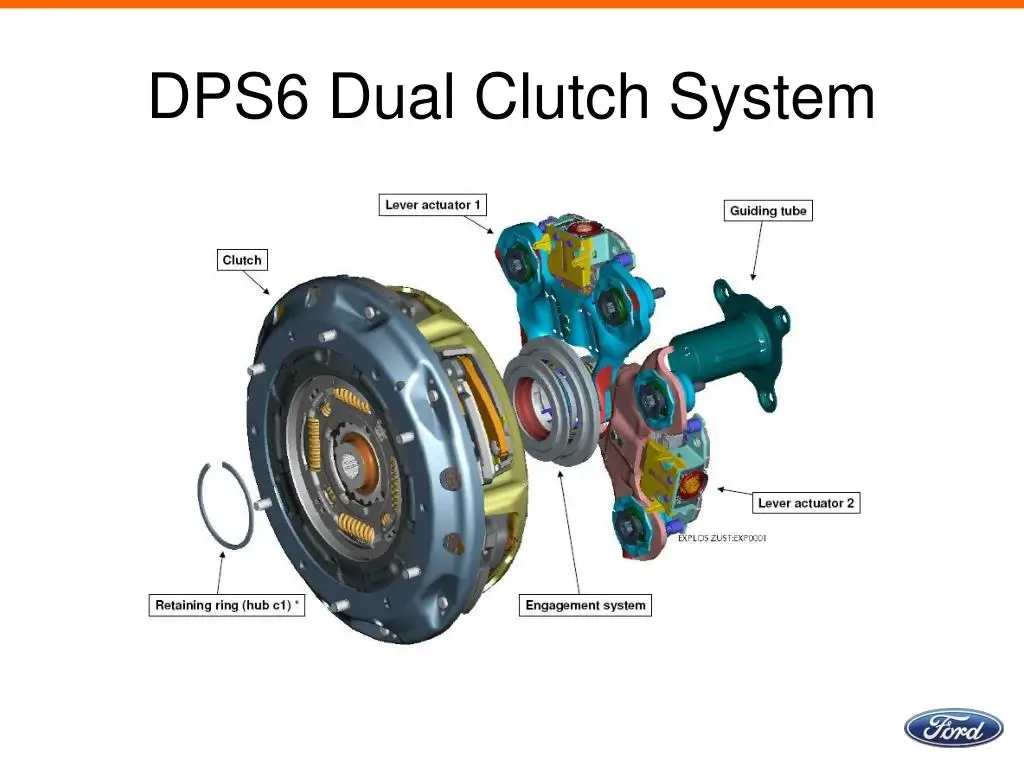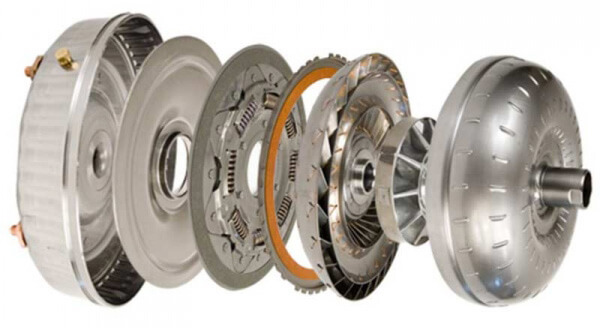Ford Focus transmission problems: Extended warranty coverage
Ford extends the warranty to cover Ford Focus transmission problems
Ford has announced a warranty extension to cover Ford Focus transmission problems and Ford Fiesta transmission problems in the Ford DPS6 transmission. The transmission is also known as the PowerShift dual-clutch transmission. The DPS6 transmission is known to shudder, jerk and hesitate. Ford has attempted many in-field fixes since the transmission was introduced including more than 20 technical service bulletins.
Ford announces free fixes for Ford Focus transmission problems and Ford Fiesta transmission problems
On July 12, 2019 Ford sent a letter to their dealers informing them to “arrange to diagnose the vehicle and repair as necessary.” The letter pertained to 2011-2017 Ford Focus and Ford Fiesta vehicles with the PowerShift transmission.
Ford settled a class action suit regarding the transmission in 2017. That settlement covered 1.9 million owners. The settlement was later challenged in California federal court. The challenge alleged that not enough owners were being compensated.
Ford extends warranty on Ford Focus transmission problems
On August 13, 2019 Ford announced that it was extending the warranty to seven years or 100,000 miles for 2014 -2016 Ford Focus transmissions in sedan models and 2014-2015 Ford Fiesta transmissions in the U.S. and Canada.
Ford also announced that it will reimburse owners who are now covered by the warranty for any out of pocket repairs customer’s have paid since the warranty expiration on 2014 model.
Ford estimates that 165,000 vehicles still need the software update that provides an enhanced warning if the transmission control module fails.
The history of the Ford Focus transmission problems
The Ford PowerShift transmission, which was used in the 2011-2016 Ford Fiesta and the 2012-2016 Focus, has been the subject of a class-action lawsuit and many individual lawsuits due to its inherent problems. The primary issues are a shuddering feeling while accelerating from a stop, followed by a rough 1-2 upshift that sends a vibration throughout the vehicle.
How it differs from a conventional transmission
Conventional transmissions transfer torque from the engine to the transmission using a torque converter. However, the Ford PowerShift transmission
uses two dry clutch packs to couple the engine to the transmission, one that’s engaged when an odd gear is selected, the other for evens. Dual-clutch gearboxes typically deliver improved fuel economy and faster shifts than a traditional automatic.
But these transmissions also tend to slip the clutch like a manual when getting off the line and can shift rougher than a torque-converter automatic.

Instead of using a traditional torque converter, the Ford PoweShift uses two dry clutches. They have a high failure rate.
Ford has claimed that the defects were caused by either a faulty throwout bearing or input shaft and rear main seals that leak fluid onto the clutch causing it to slip even while supposedly fully engaged. And they’ve released multiple fixes of the seals and updated clutch kits.
There were also issues with the transmission control module such as faulty connector pins, shifter motors failing, and a poorly connected main ground wire due to paint on threads or an incorrect bolt being used during assembly.
However, according to internal documents, Ford knew of the PowerShift transmission’s inherent problems before production started but went ahead with it, telling dealers “to tell customers that the cars operated normally” when it knew they were problematic. On Dec 14, 2019 the Detroit Free Press published an email sent back in August 2010 by a product development engineer to his supervisors and colleagues in which he said that testers could not “achieve a derivable calibration that will get us to production. The clutch torque delivery MUST BE IMPROVED!”
©, 2019 Rick Muscoplat
Posted on by Rick Muscoplat
